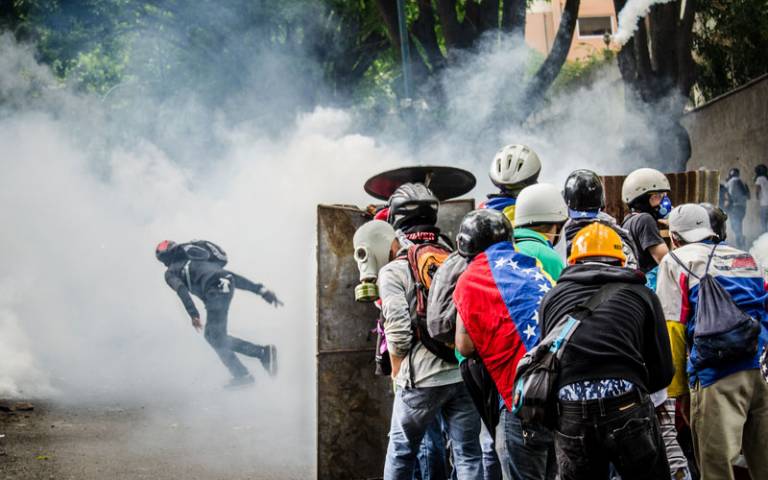Can radicalisation be infectious?
The social ecology of terrorist propensity development.

14 February 2020
We like to ask ourselves why people become terrorists. What could their motivations possibly be? How did they come to feel this way?
But even if we accept that certain characteristics make some individuals more susceptible to radicalisation, it remains that thousands of people, if not many more, fit this ‘profile’ and we can’t watch them all.
Another way to approach the problem is to think like an epidemiologist. We’re all susceptible to Ebola, but we’re only at risk of catching it if we go to one of the few places on Earth where the conditions are right for the virus to thrive.
In crime prevention, a paradigm shift occurred when researchers, inspired by this way of thinking, recognised that crime and criminals concentrate in certain places. They found that crime could be prevented when the relevant features of these environments were acted upon.
Because it’s under-studied, scientists in the Department of Security and Crime Science are conducting research on the social ecology of radicalisation.
They’ve collected data on over a thousand cases of home-grown radicalisation in the US and UK since 1995 and found that radicalisation too concentrates in hotspots.
Interviews with former terrorists and radicals are under way in Denmark, the UK and Northern Ireland to better understand the selection processes which might explain how some people become exposed to the radicalising settings in their (physical and digital) environment.
A survey is being administered in two London boroughs – one a radicalisation-prone area, the other not – to investigate the features that promote the emergence of radicalising spaces.
Determinants of human behaviour are found within places as much as they are found within individuals. So, to prevent radicalisation, we should think ‘where’, as much as ‘who’ or ‘why’.
- Find out more by emailing the Project Lead – Prof Noémie Bouhana.
 Close
Close

